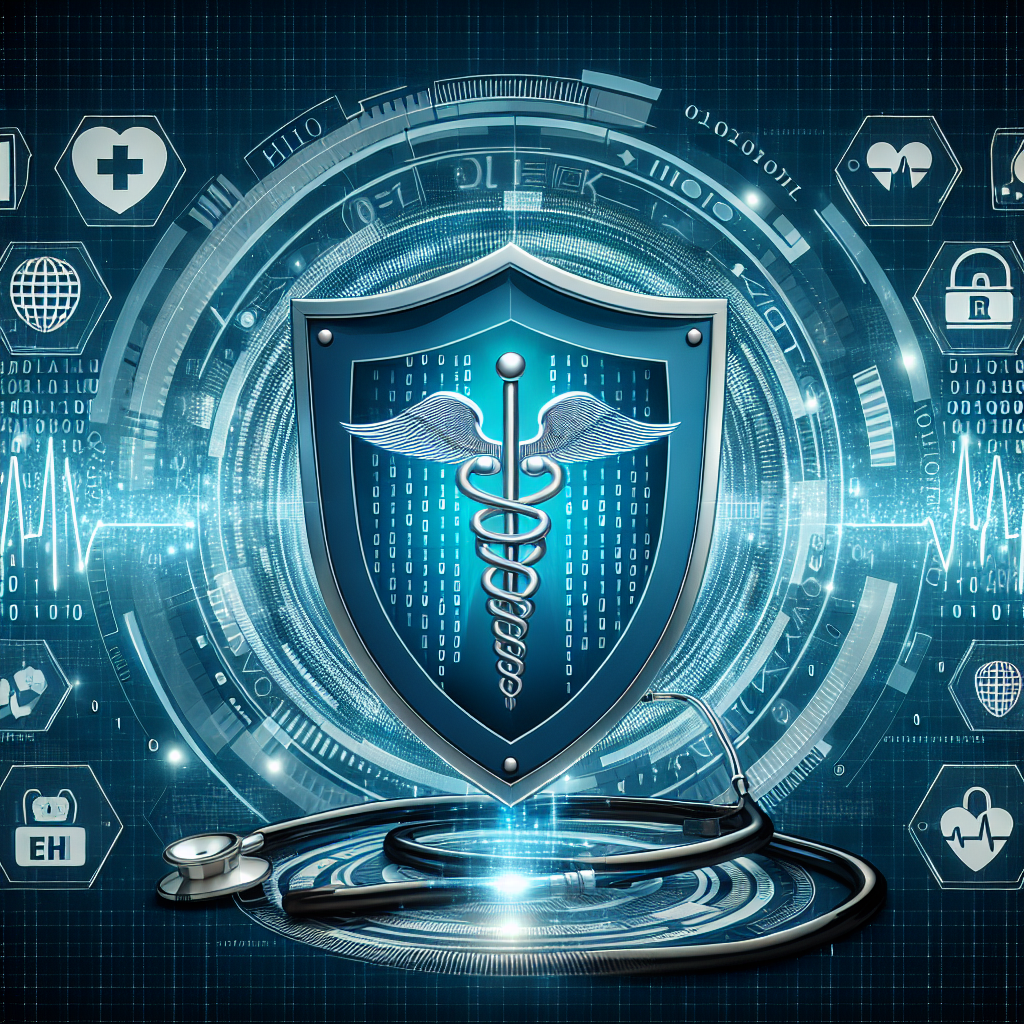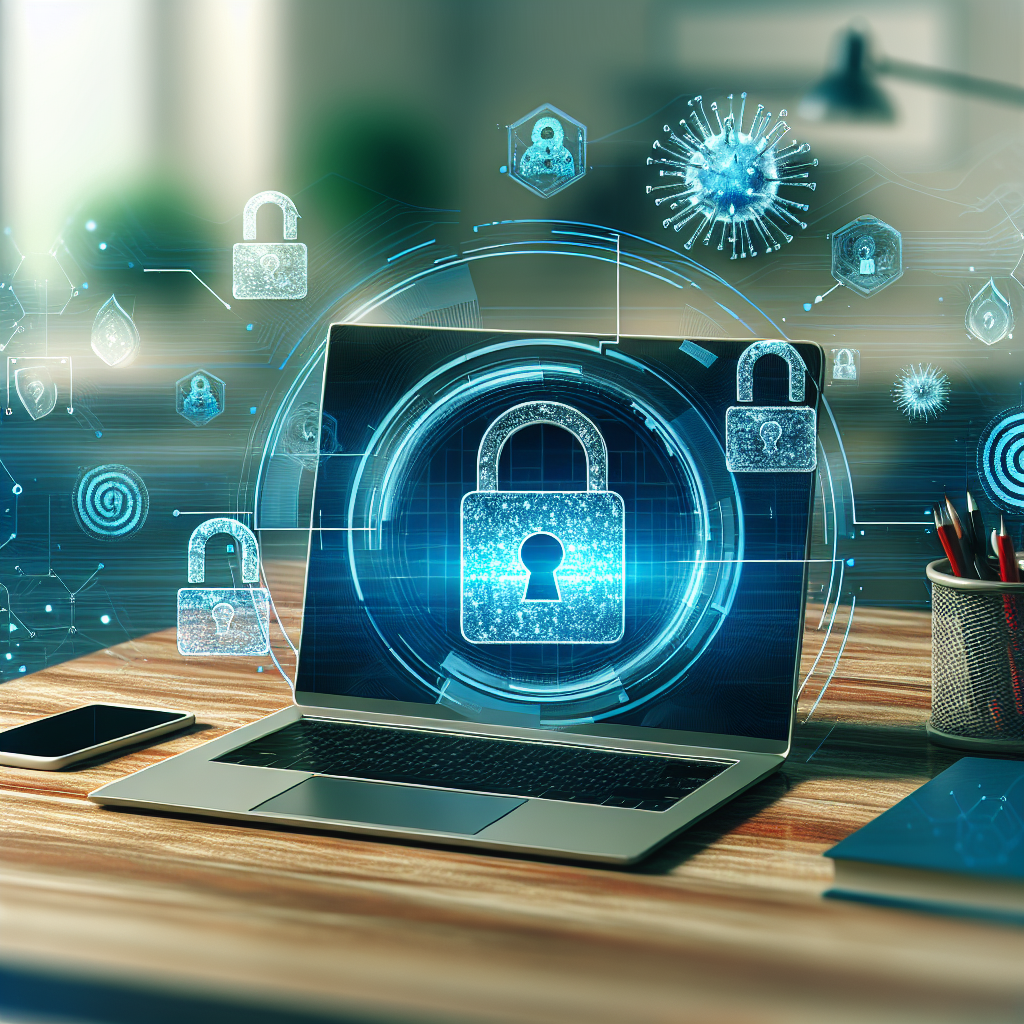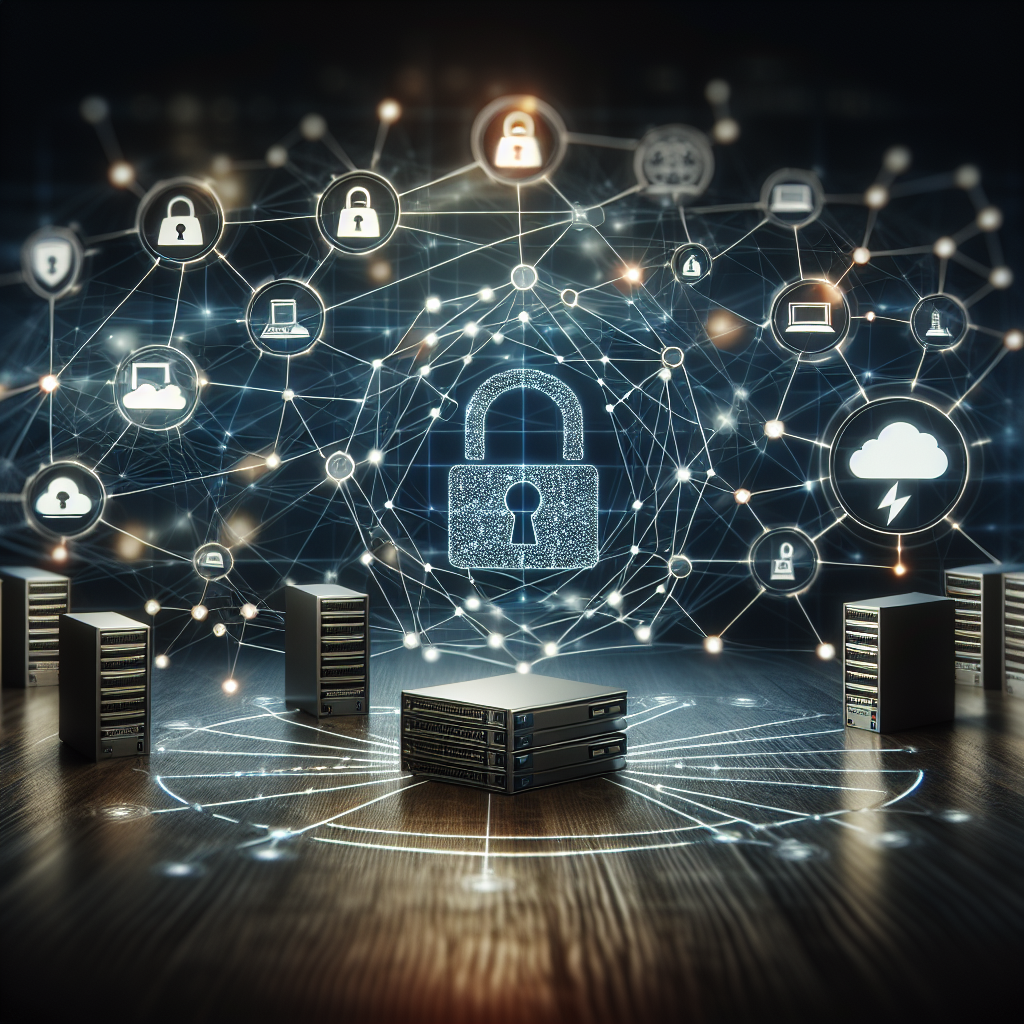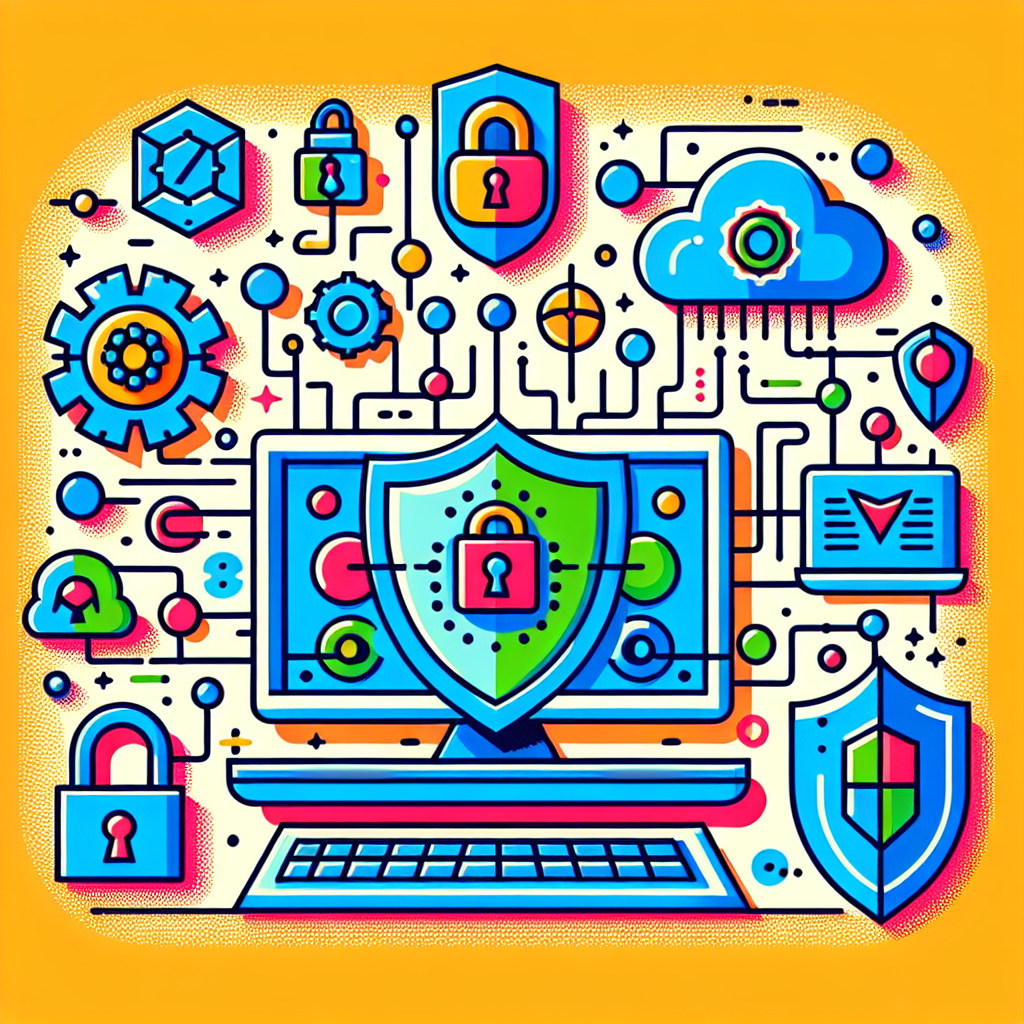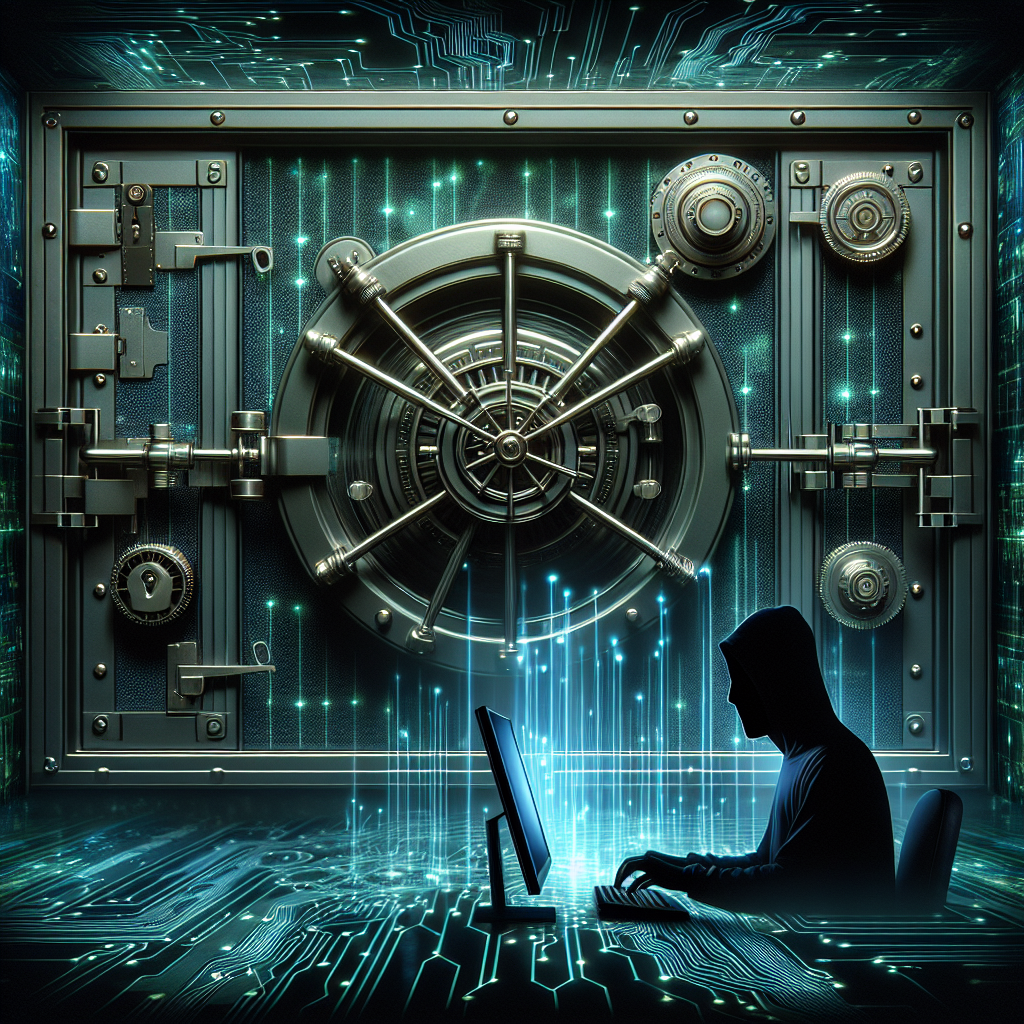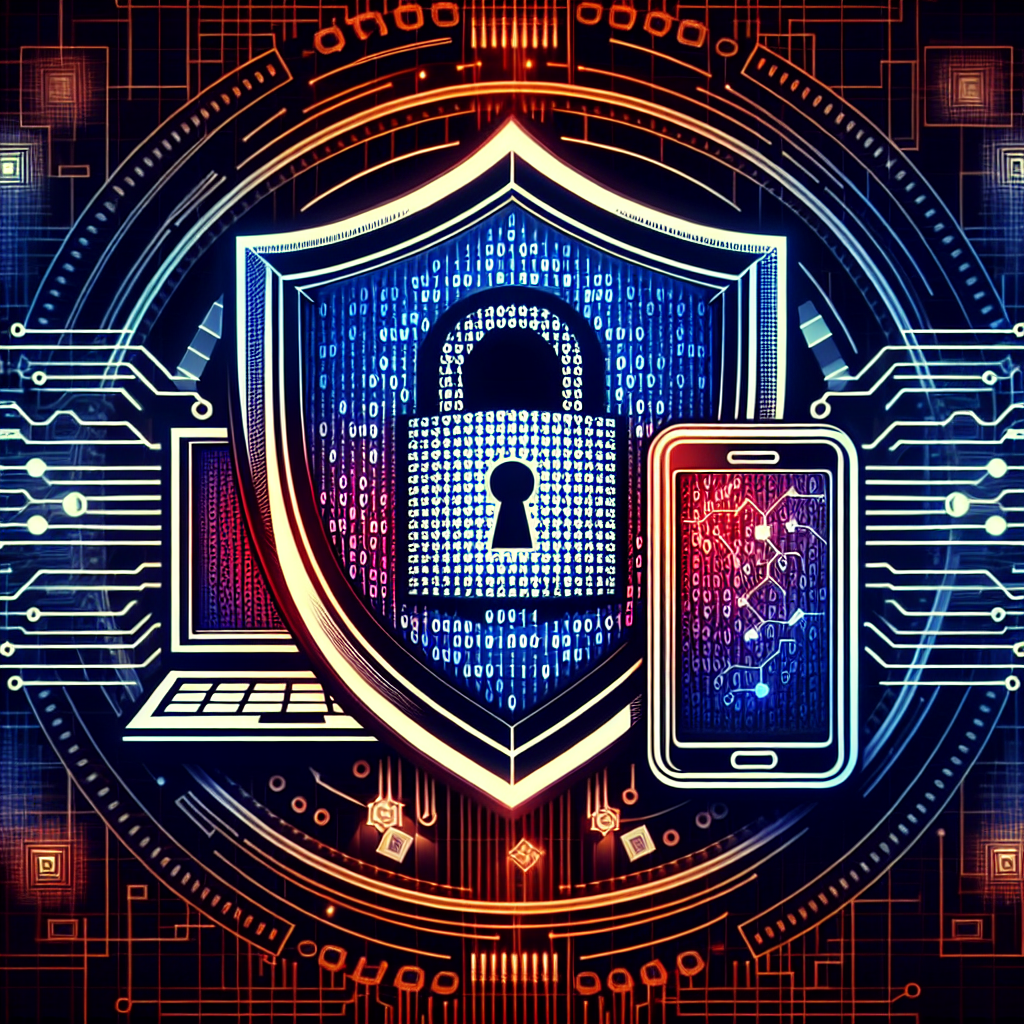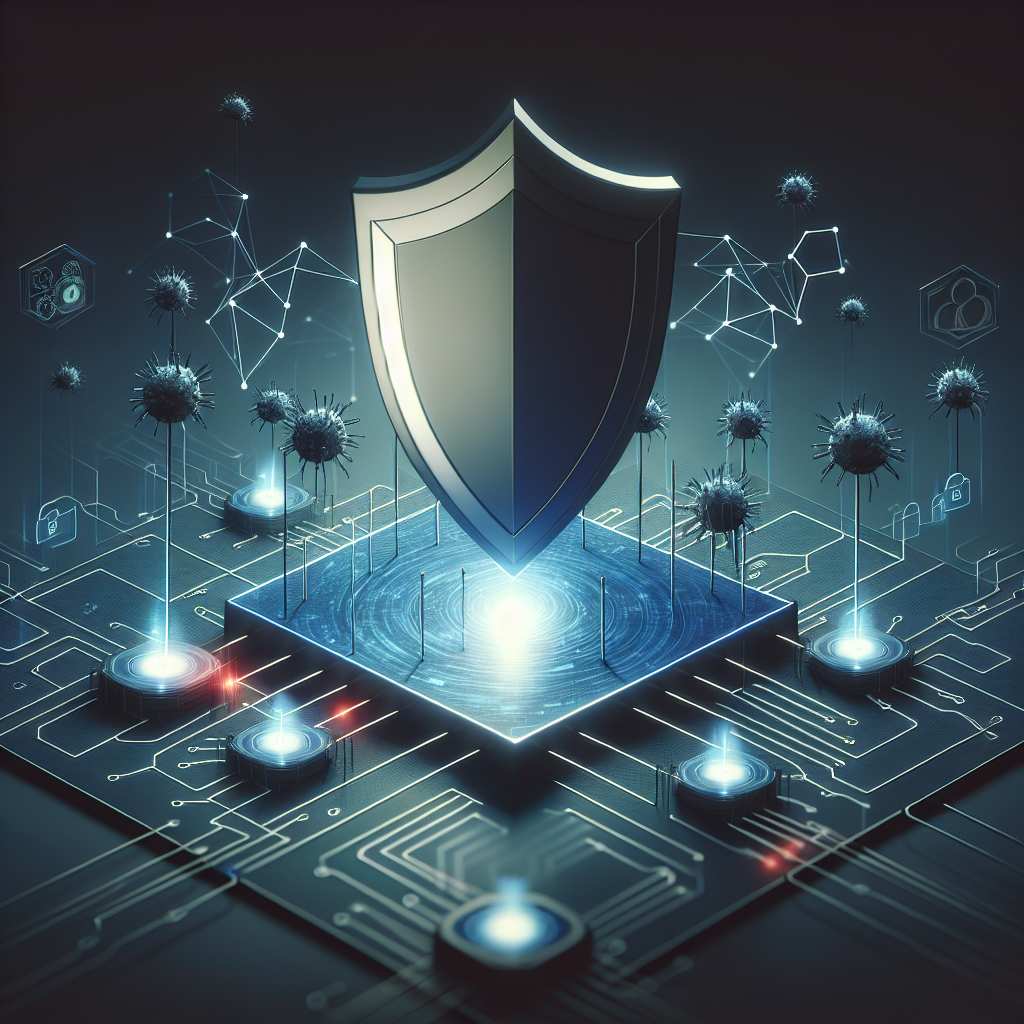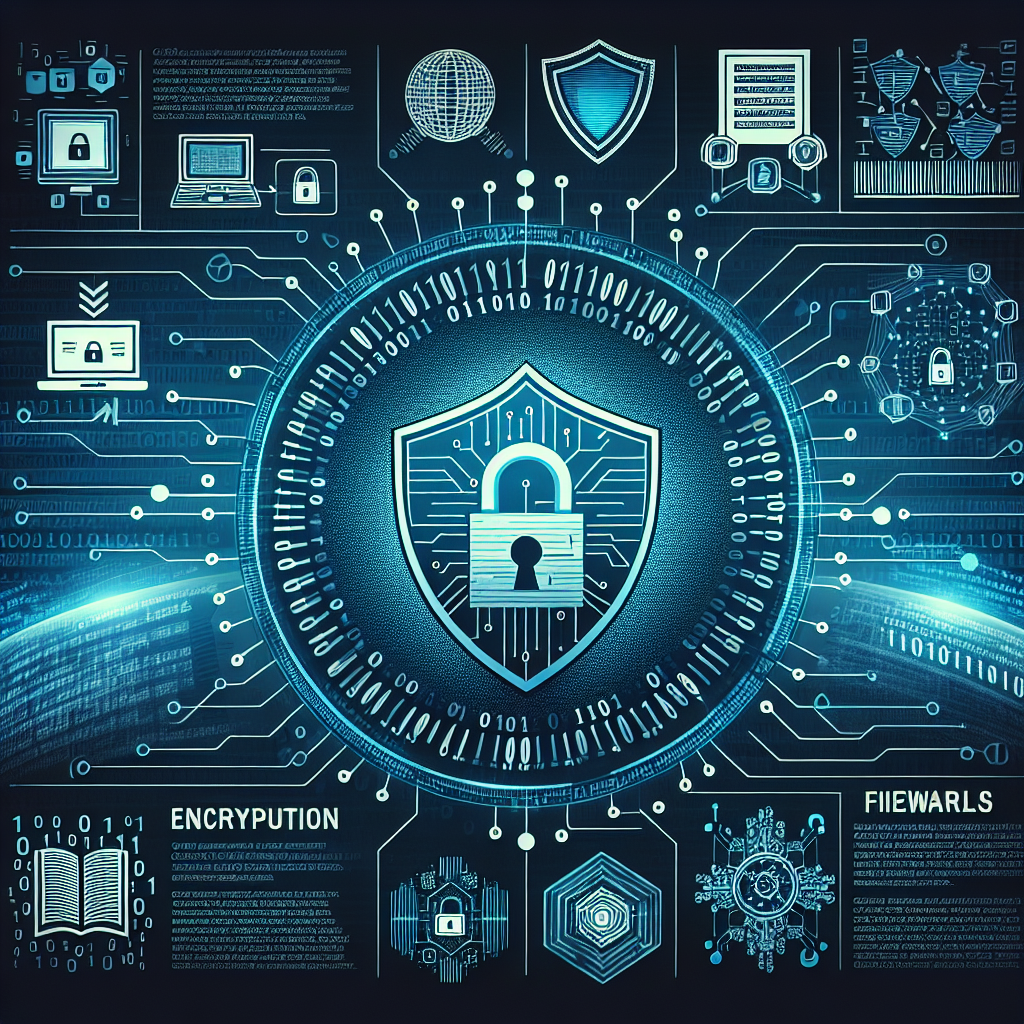In today’s digital age, cybersecurity has become more important than ever before. With the increasing number of cyber attacks and data breaches, it is crucial for businesses to prioritize cybersecurity in order to protect their sensitive information and maintain the trust of their customers. This is particularly true for IT consulting firms, which often have access to a wealth of confidential data belonging to their clients.
One of the main reasons why cybersecurity is so crucial for IT consulting firms is that they are responsible for managing and maintaining the IT infrastructure of their clients. This includes handling sensitive information such as financial records, customer data, and intellectual property. If this information were to fall into the wrong hands due to a cyber attack, it could have devastating consequences for both the consulting firm and their clients.
In addition to protecting their clients’ data, IT consulting firms also need to safeguard their own internal systems and networks. A data breach or cyber attack on the consulting firm itself could not only result in financial losses and damage to their reputation, but it could also lead to legal ramifications if sensitive client information is compromised.
Furthermore, cybersecurity is essential for ensuring the smooth operation of IT consulting services. A cyber attack could disrupt services, leading to downtime for clients and potential revenue loss for the consulting firm. By implementing robust cybersecurity measures, IT consulting firms can minimize the risk of such disruptions and ensure the continued delivery of high-quality services to their clients.
In conclusion, cybersecurity is of utmost importance for IT consulting firms. By prioritizing cybersecurity and implementing robust measures to protect their own systems and their clients’ data, IT consulting firms can safeguard their reputation, maintain the trust of their clients, and ensure the continued success of their business. In today’s digital landscape, cybersecurity should be a top priority for all IT consulting firms.


